10 PM, Monday night, our house.
“Bedtime!” I announce as I walk into my daughter’s room to kiss her goodnight.
She’s still fully dressed and lost in a book on her bed. Even though we finished dinner four hours ago, she has done nothing since then to prepare for bed. No shower, no teeth brushed, cat not fed, clothing and various items strewn about her room— exactly as it was before dinner.
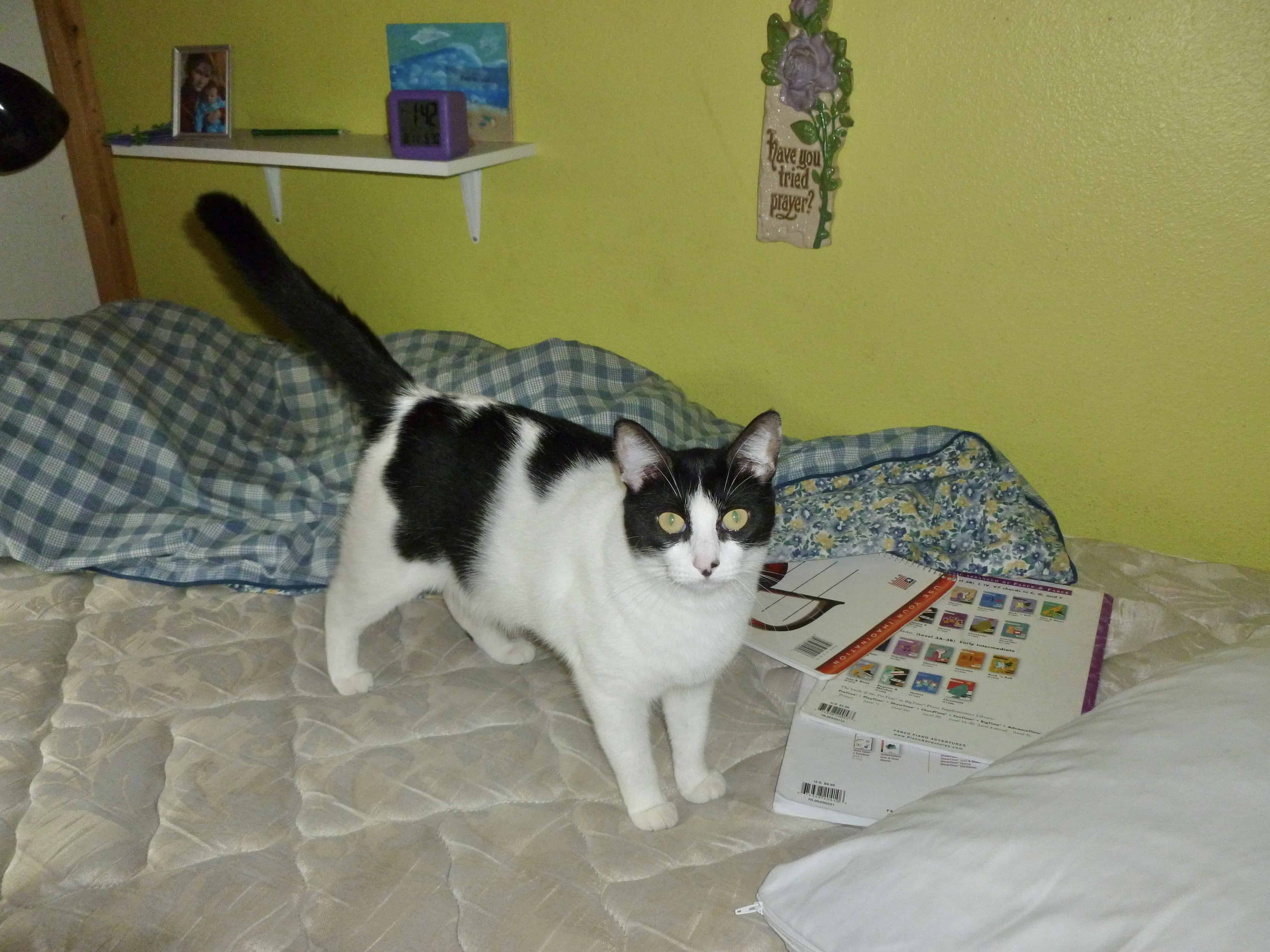
This post contains affiliate links. As an Amazon Associate I earn from qualifying purchases made from the links on this site, at no extra cost to you. Thanks for supporting our family business!
“Oh! It’s bedtime?” (She is honestly surprised, even shocked).
“Of course it’s bedtime! It’s 10:00 pm!” I respond in annoyance.
“Oh really?! I’m sorry, I got distracted! I’ll get ready now.” Sheepishly she puts her book down and starts finding her pajamas.
@dinkumtribe ADHD family stress: letting go of some expectations. #adhdfamilytravel #familytravelblog #adhdkiddos #adhdparentquestions #adhdstress #adhdinteens #parentcommunity #parentingcommunity #dinkumtribe_adhd #adhdfamilyissues #adhdfamilylife #adhdfamilies ♬ original sound – dinkumtribe
This scene plays out multiple times each week at our house. My daughter is a compliant, loving child, eager to please her parents and cares intensely for people, animals, plants, and the environment.
She has never, to my knowledge, intentionally annoyed someone she loves. She struggles with a common ADHD quality known as time blindness.
Table of Contents
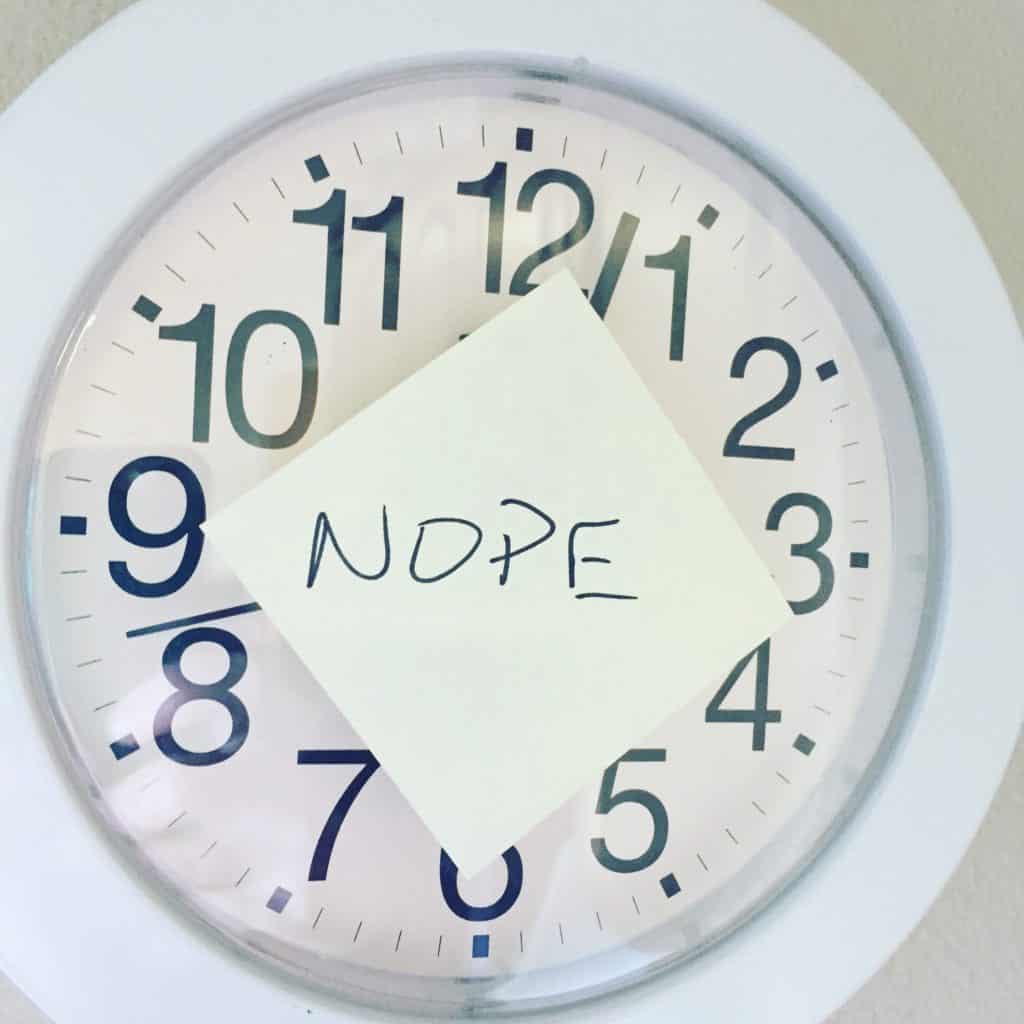
What is ADHD time blindness?
“Time Blindness” is a common feature of ADHD. This aspect of ADHD involves a person’s inability to measure time accurately. Besides the incident I described above, time blindness can look like:
- regularly being late to events;
- not allocating enough time for a given task;
- missing meals;
- finishing assignments late/ paying bills late.

Not a choice
Before going any further, however, let’s take a moment to explain what time blindness is not. Time blindness is not a person’s immature, inconsiderate disregard of the needs and expectations of others.
Rather, time blindness arises from a person’s inability to assess their situation and what it requires as a result of their ADHD. Much like a dyslexic reader, people with ADHD face an uphill battle in learning how to understand and manage time well.
@dinkumtribe ADHD family coach. #adhdfamilies #adhdfamilyissues #adhdcoaches #adhdfamilytravel #adhdfamilylife #adhdparentquestions #adhdparentingproblems #adhdkiddos #adhddecisions #adhdlifestyle #dinkumtribe_adhd #adhdisasuperpower #familycoaching ♬ original sound – dinkumtribe
Undoubtedly, people with ADHD can disregard their responsibility to be on-time. However, a person with ADHD requires significantly more training and intervention to keep schedules and honor deadlines. They simply don’t comprehend and manage time as well as those who don’t have ADHD.
Why and how?
Several factors contribute to time blindness. People with ADHD tend to hyperfocus on whatever they find interesting, to the exclusion of anything else. My husband has often forgotten to eat a meal when hyperfocus kicks in— it’s not until two or three hours after the regular meal time that his hunger cues outmatch his focus!

People with ADHD also struggle with transitioning from one activity or task to another. If you think about this for a moment, a person makes hundreds of transitions throughout the course of a day. I put on clothes, then brush my hair, then put on deodorant, and then find my keys. Each of these tasks requires different tools, different motions, different locations, and so on.
For neurotypical people, our minds habitually follow these tracks fairly well. For ADHD brains, every transition is an opportunity to get distracted by something novel, or the possibility of getting lost in hyperfocus on something more interesting than the mundane task you’re doing.
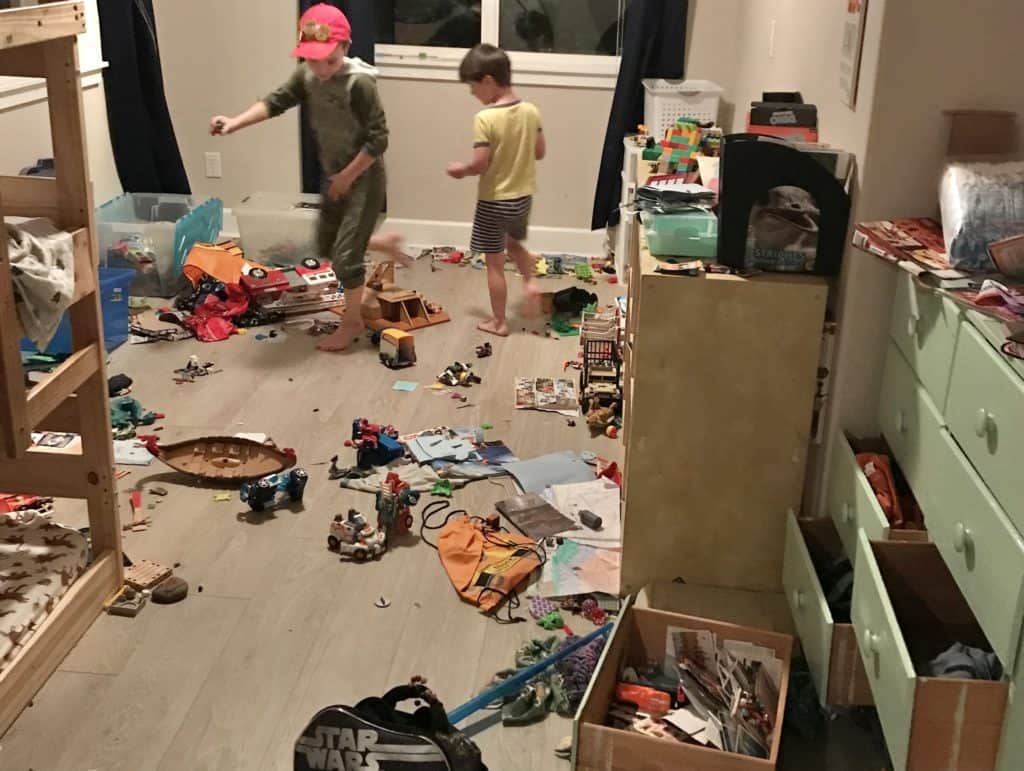
Furthermore, ADHDers tend to see projects as a single, massive entity, rather than many smaller tasks that make up the entire project. A multi-step project can be overwhelming to the ADHD brain; therefore they procrastinate starting, or don’t know where to start, or start and then stall out.
What can look like laziness to an uninformed observer is actually an inability to break the task into smaller, manageable chunks. If you’ve ever felt exhausted just looking at a messy toddler’s bedroom, or a mountain of laundry to fold, that’s what the ADHD brain sees: one monumental job, instead of 50 small pieces that make up the job.

The cost of ADHD time blindness
Time blindness is extremely disruptive in a family or work environment, in addition to the toll it takes on the individual with ADHD. Half of our household has an ADHD diagnosis (my husband and three of the children), so we have had to learn and use multiple interventions to help our family stay on target with time.
It’s still a work in progress, but we have had some success with different techniques, strategies, and specific products. Our next two posts will go into these with more details.
Next up: 4 Best Strategies for ADHD Time Blindness and How to Help ADHD Kids and Adults See Time.
Have you or someone you love experienced time blindness? Share what that looks like for you in the comments!
© Copyright Jennifer D. Warren and Brian A. Warren
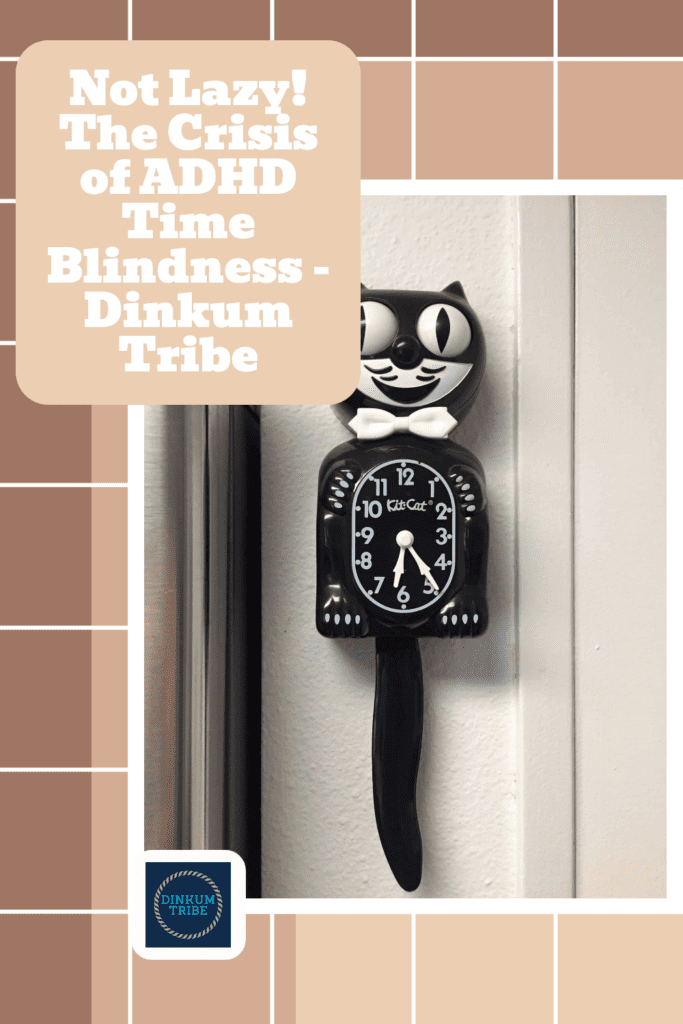
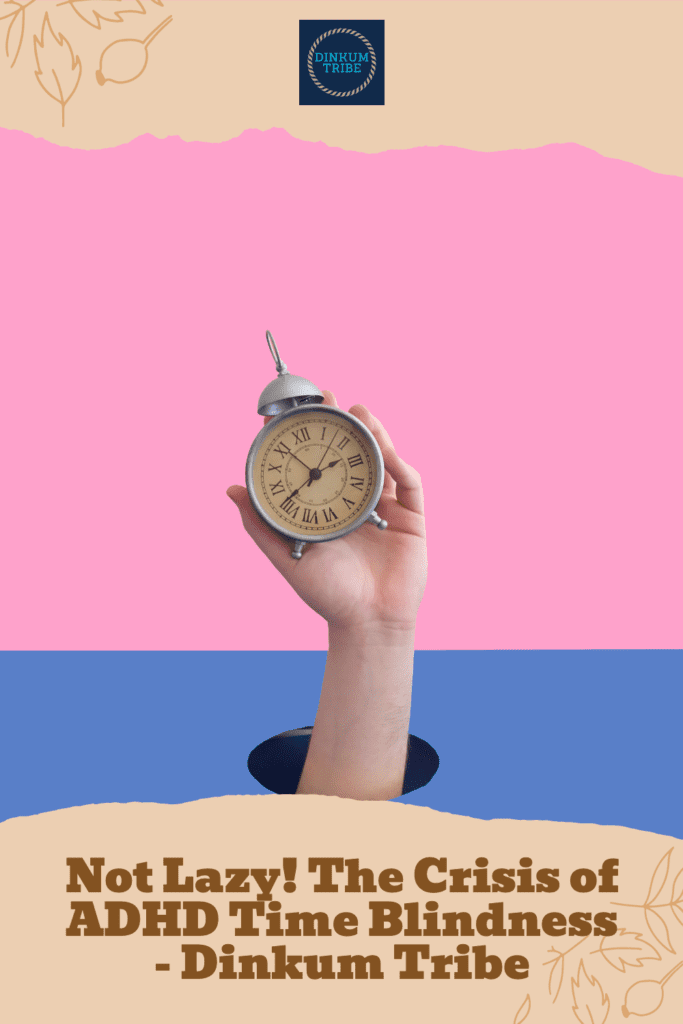
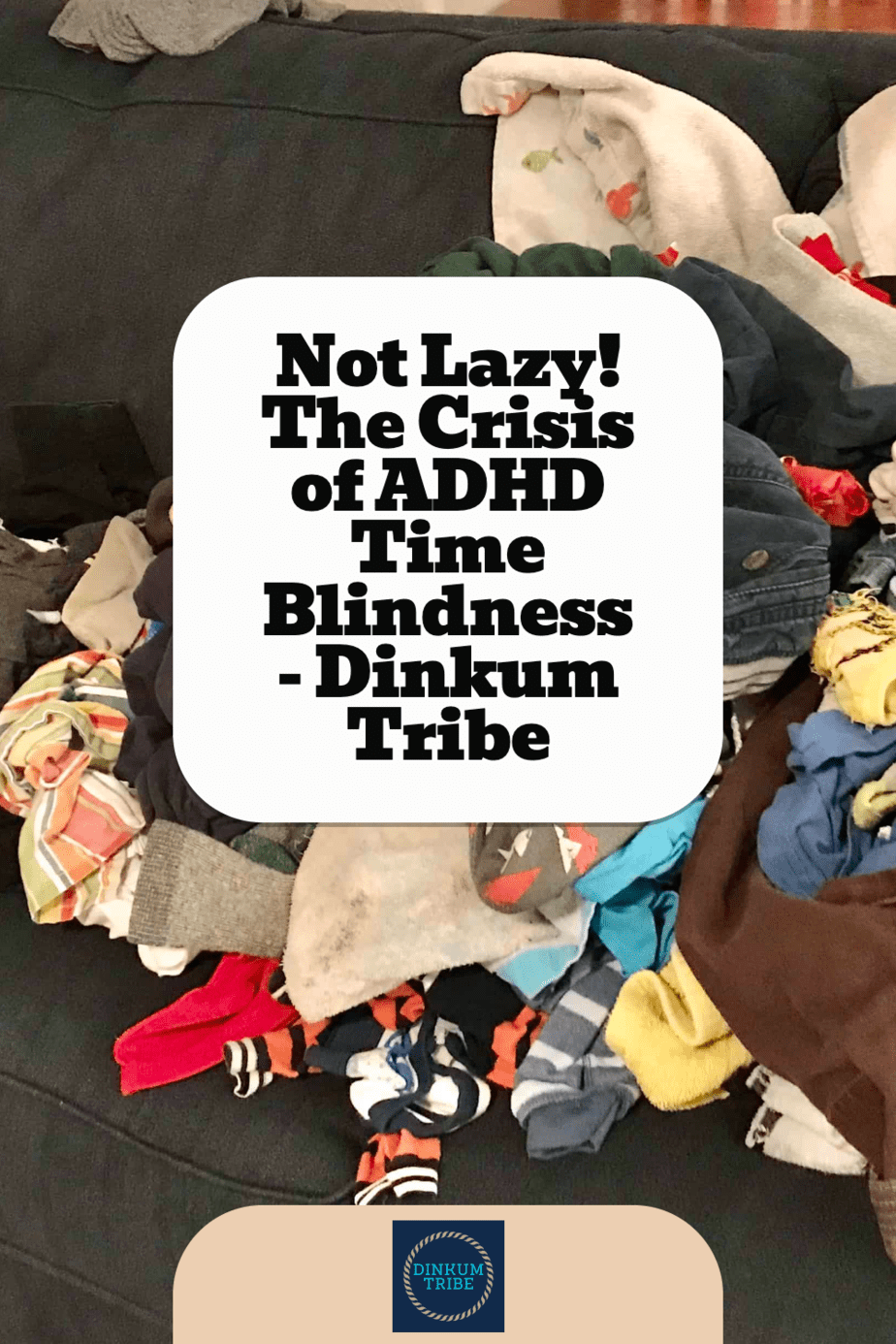


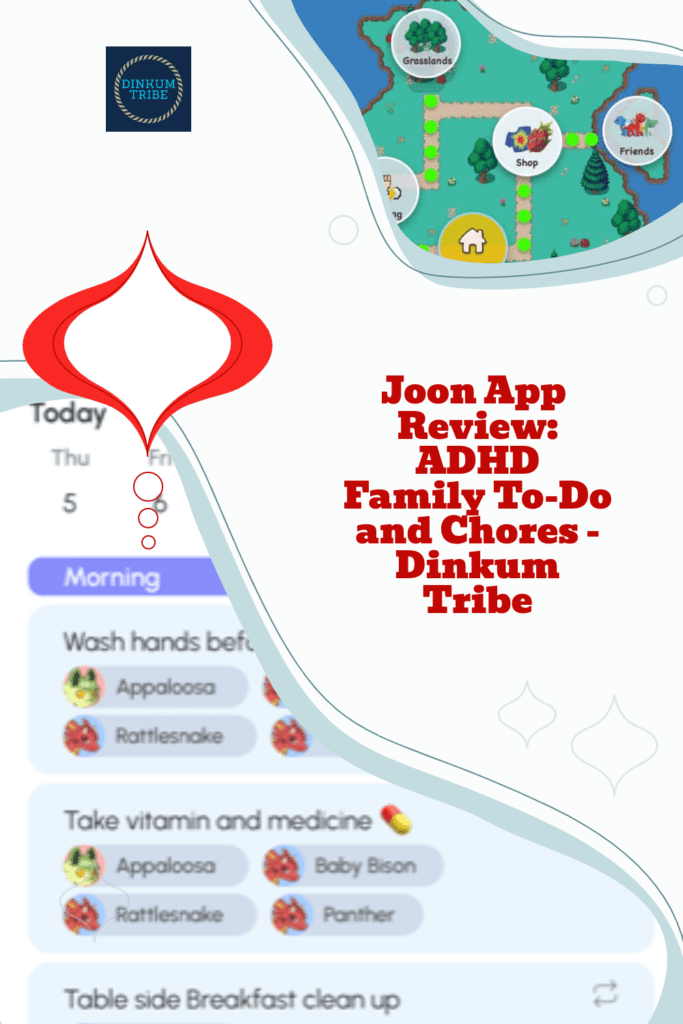
I really enjoyed this, I feel like you did a great job explaining. I’m definitely following can’t wait to read more of your blogs 💜
Great! Thanks for following along!
These are great time management for teens in general too.
100% accurate. Even we adults can use some of these pointers!
This was such a great read! I learned a thing or two! I face obstacles with my kiddo and husband who both struggle with depression. My kid also sees her dirty room as one big monumental task, which deters her from getting any tidying done.
Glad it was helpful!
This was so helpful thank you
You’re welcome.:) Thanks for reading it!
Very very interesting! My oldest has ADHD and I can see this in her (now that you’ve pointed it out)! Thank you!
It’s pretty fascinating once you understand the concept- you start to see it with a lot of people. 🙂
This is such an eye opener! Thank you for explaining it. I learned a lot!
Glad you found it helpful!
Time-blindness is probably my second biggest ADHD struggle (right behind rejection sensitive dysphoria). For example, I needed to pop on my computer for just a minute, about an hour ago. I have no business still being online reading blogs. I need to clean my entire house, top to bottom, before Tuesday and it’s super important to me! I’ve got to get moving. Look forward to reading more of your blog later though and thank you so much for this article! It was exactly the reminder I needed!
LOL! Nailed it with this example. RSD is something we may write about also, but it’s a lot harder for me (as a neurotypical) to see where general self-esteem issues end and RSD begins. I’d love to hear if you have insights on that – with half my household living with ADHD, I need all the help I can get in understanding it!
I have ADHD, and I struggle to understand it as well. Best I can explain, it is like hyper-focusing on how people react to you, and sometimes it gets you down, sometimes extremely down but not for long.
It can get so much worse, depending on how much you put yourself out there. I started a business a year ago and still haven’t received much interaction. People have bought stuff, but no one ever talks or likes anything. Going through this has brought me to lows I didn’t know was possible.
I could go on, but my house still isn’t super clean… ; )
Thank you for that explanation, it makes a lot of sense!
This is brilliant post …. It hits close to heart as my son got diagnosed with ADHD after 8 years of me fighting to be seen by specialist…. Is really hard to understand his behaviour sometimes as I am the polar opposite ( tidy and organised) this is a huge help …, thank you xxx
ADHD presents so many unique challenges – I’m sorry you had to fight so long! it has been much better for us now that we have an answer for so much of what we couldn’t figure out before. I hope that happens for you, too.
Although I know a good deal about ADHD, I was not aware of time blindness. I’ve seen the hyper focus and the inability to switch tasks. But I haven’t dealt this in all stages. Thank you for the insights.
It took me a long time to see this issue too, and to recognize that the behavior wasn’t deliberate MOST of the time. Thanks for stopping by!
My daughter has ADHD and struggles with time management skills. It is very common. Thanks for the reminder that this is part of ADHD and not her just ignoring me or “being lazy.”
You’re welcome. I need the reminder often too!
Wow! Great read! Thanks for sharing!!
Thanks for stopping by!